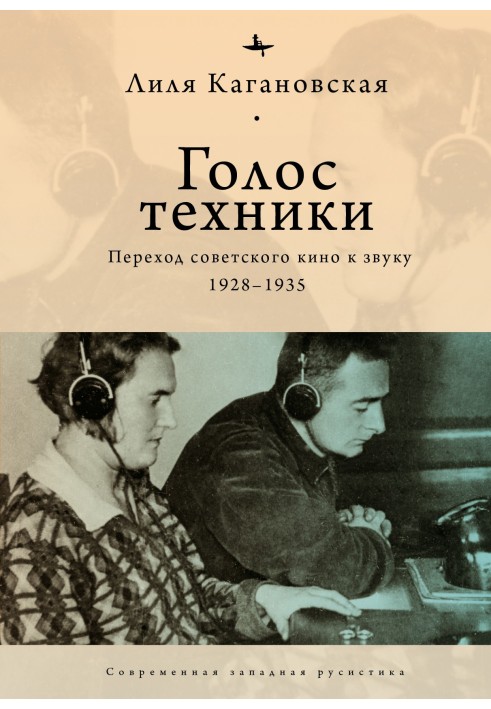Voice of technology. The transition of Soviet cinema to sound. 1928–1935
 Instant download
Instant download
after payment (24/7)
 Wide range of formats
Wide range of formats
(for all gadgets)
 Full book
Full book
(including for Apple and Android)
In works on Soviet cinema, it is customary to describe the arrival of sound as a moment of crisis and failure, the moment when the golden age of Soviet avant-garde cinema and the editing school suddenly came to an end. The Soviet film industry is often dismissed as "technologically backward", focusing on the problem of transition as one of the attempts to "catch up and overtake" the American film industry. The purpose of this book is to tell a story different from the usual narrative of Soviet backwardness. The author shows that the “long transition” to sound gave Soviet filmmakers the opportunity to theorize and experiment with new sound technology in ways that were unavailable to their Western counterparts due to market forces and dependence on audience demands. These early experiments with sound - many of which remain unknown - can tell us a lot about the period of cultural upheaval as the Soviet Union transitioned from the revolutionary twenties to the Stalinist thirties. The book's publishing layout is preserved in PDF A4 format.
Data sheet
- Name of the Author
- Лиля Кагановская
- Language
- Russian
- Translator
- Наталья Сергеевна Рябчикова













